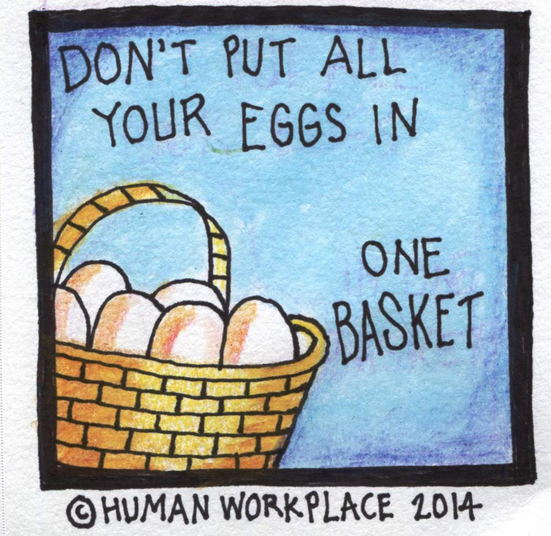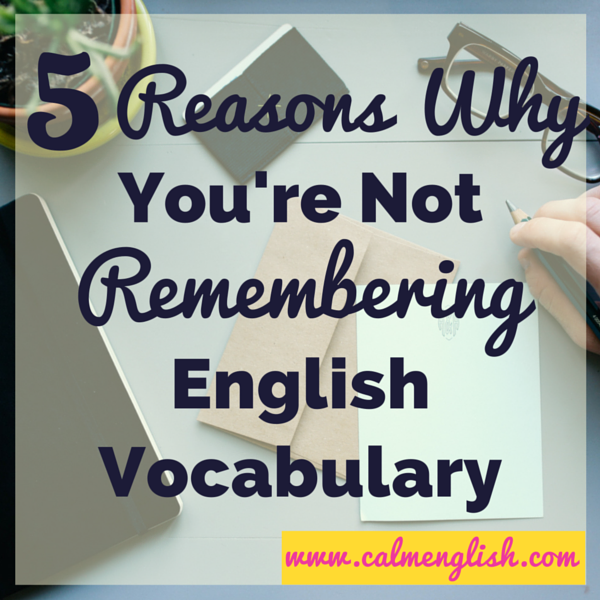|
Like this article? Share it!:
. How do you know whether a phrase is an idiom or a proverb? The answer is a little more complicated than you might think! It can be even more confusing when you are just learning these new-to-you phrases. Let's look at some examples of proverbs and idioms to get an idea. Enjoy! Make sure to comment below if you have any questions! Proverbs Let's look at the meaning of 'proverb' first. A proverb is a saying that gives advice. In the Bible, there is a whole book called Proverbs. This entire chapter in the Bible is all about giving advice about family, friends, relationships, money, health, morals and more. Here is an example:
Image from: dailylifeverse.com You can see how this proverb gives us advice about how happiness can lead to good health in our daily lives. This proverb (like most proverbs) is also very literal. It says exactly what it means. Here's an example of another proverb:
Image from: lovethispic.com This proverb gives us advice about the positive outcome of being patient. 'Good things come to those who wait' is a literal proverb as well. The words don't have a double or hidden meaning. Now let's look at idioms: IDIOMS Idioms, on the other hand, are expressions that means something different than what the words LITERALLY mean. WAIT, I just used an idiom in that last sentence!! Can you find it? . . . If you guessed that the idiom in the sentence is 'on the other hand', then you are right! I am not literally writing words on my hand, or referring to my hands at all. You can't even see my hands! The idiom, 'on the other hand' REALLY means 'which is different from the other thing I was talking about' or 'though'. Idioms are not literal. They do not have to be about advice, unlike proverbs, which always give advice or an insight into some fact of life. SOME PROVERBS ARE ALSO IDIOMS Uh oh! Here's where things get tricky. Let's look at this common proverb:
Image from: forbes.com This proverb is not literally talking about eggs. The eggs in this proverbs are a metaphor for our resources, treasures, ideas, etc... all of the things of value in our lives. This proverb advises us to spread out and save our precious and valuable things in different places, so that if something happens to the "basket", at least some of our resources will stil be safe. This proverb can also be used as an expression. This proverb is ALSO an idiom! Here is an example of how this proverb can be used as an idiom: Person A: I lost all of my files when my computer broke! Person B: Oh no, I guess you put all your eggs in one basket. Person A: Yeah, next time I will save my files in two places. Just remember: Is the expression teaching you a value or advising you on something?? It might be a proverb. Is the expression not literal? Does it have a double or extra meaning? It's probably an idiom. And: A proverb can also be an idiom. But an idiom is not necessarily a proverb. BUT MOST IMPORTANTLY!!:
In the end, make sure to have fun learning new idioms and thinking about common proverbs. Learning these phrases can give you a deeper view of English culture. And many idioms are really funny too! Try not to worry too much if you should say a phrase is a proverb, an idiom, an expression or just a phrase: just practice using proverbs or idioms correctly...and take pleasure in playing with new language! I like writing about idioms here on this blog! See all my idioms posts here. What's YOUR favorite proverb or idiom? Share in the comments below!
0 Comments
Leave a Reply. |
Click to Learn About
|












